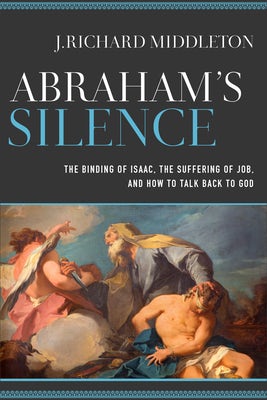Abraham's Silence
$28.00
Unit price
/
Unavailable
Shipping calculated at checkout.
Couldn't load pickup availability
Abraham's Silence
Review
Podcast
Review


